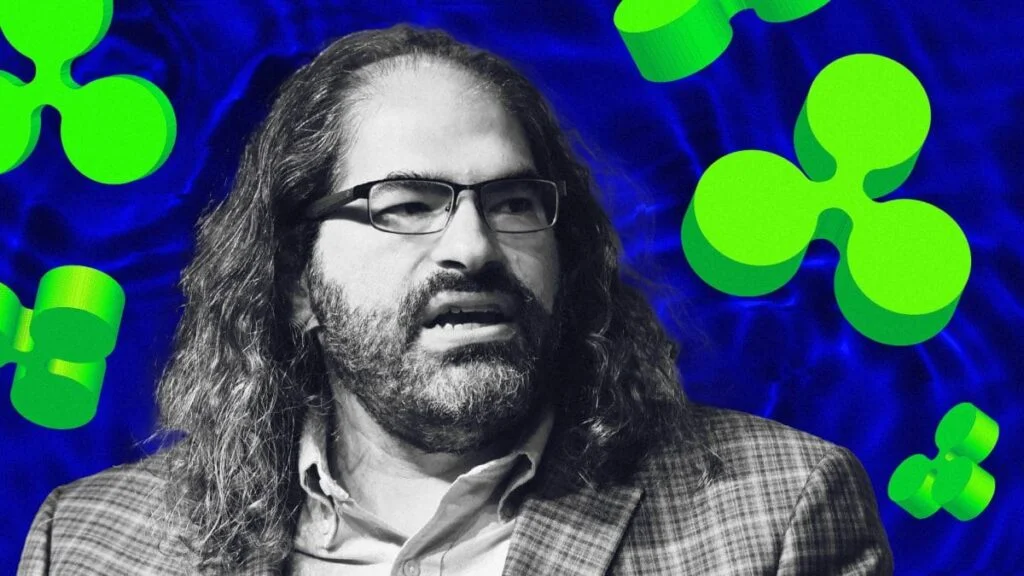The company’s CTO made fun of an AI chatbot that claimed Ripple could covertly control its blockchain through an unreported backdoor in the network’s code.

The XRP Ledger (XRPL) is allegedly being surreptitiously controlled by Ripple, according to a conspiracy theory created by ChatGPT, an AI tool. This claim has been refuted by Ripple’s chief technology officer.
In response to inquiries about the decentralization of Ripple’s XRP Ledger, the ChatGPT bot reportedly said that while anyone could participate in the governance of the blockchain, Ripple has “ultimate control” over XRPL, according to a Dec. 3 Twitter thread by user Stefan Huber.
The AI said that Ripple may have “abilities that are not completely exposed in the public source code” when asked how this is feasible without the consensus of participants and its publicly-available code.
XRPL’s “ultimate decision-making power” reportedly “still remains with Ripple Labs” at one time, and the business might make adjustments “even if those changes do not have the backing of the supermajority of network participants,” according to the AI.
It also stated that Bitcoin was “really decentralized” in comparison to the XRPL.
The bot’s logic, according to Ripple CTO David Schwartz, should be questioned because he claims, Ripple may use it to covertly manage the Bitcoin network since it is impossible to tell from the code.
In the course of the interaction, the bot was also shown to contradict itself, claiming that the main benefit of using “a distributed ledger like the [XRPL] is to enable secure and efficient transactions without the need for a central authority,” despite having previously claimed that the XRPL is centralized in management.
About ChatGPT
The OpenAI-developed chatbot ChatGPT is made to engage with users “in a conversational style” and responds to inquiries on virtually any topic. Even complex activities like developing and testing smart contracts are within its capabilities.
OpenAI warns that because the AI was trained on “huge volumes of internet data authored by humans, including conversations,” some of the bot’s responses may occasionally be “inaccurate, untruthful, and otherwise deceptive.”
When it was released on Nov. 30, OpenAI CEO Sam Altman called it “an early demo” and a “very much research release.” According to a tweet from Altman on December 5th, the tool has already seen over one million users.
In a tweet on December 4, Ethereum founder Vitalik Buterin also commented on the AI chatbot, noting that it “has probably died the hardest” for AI to be free from human prejudices.
